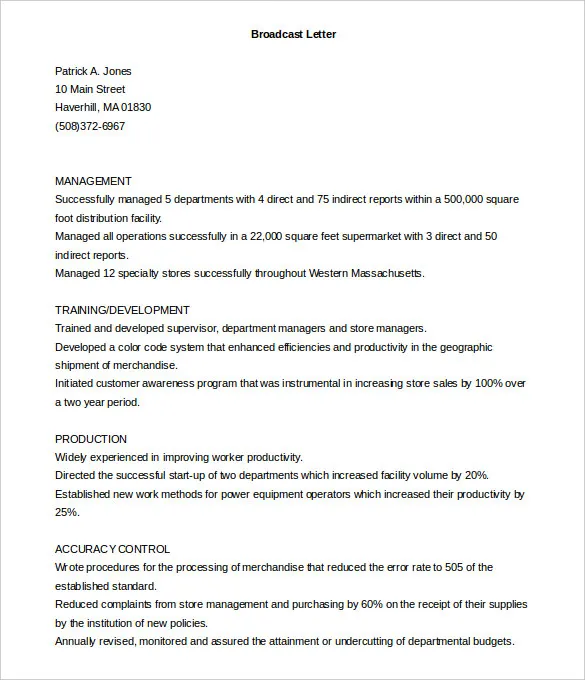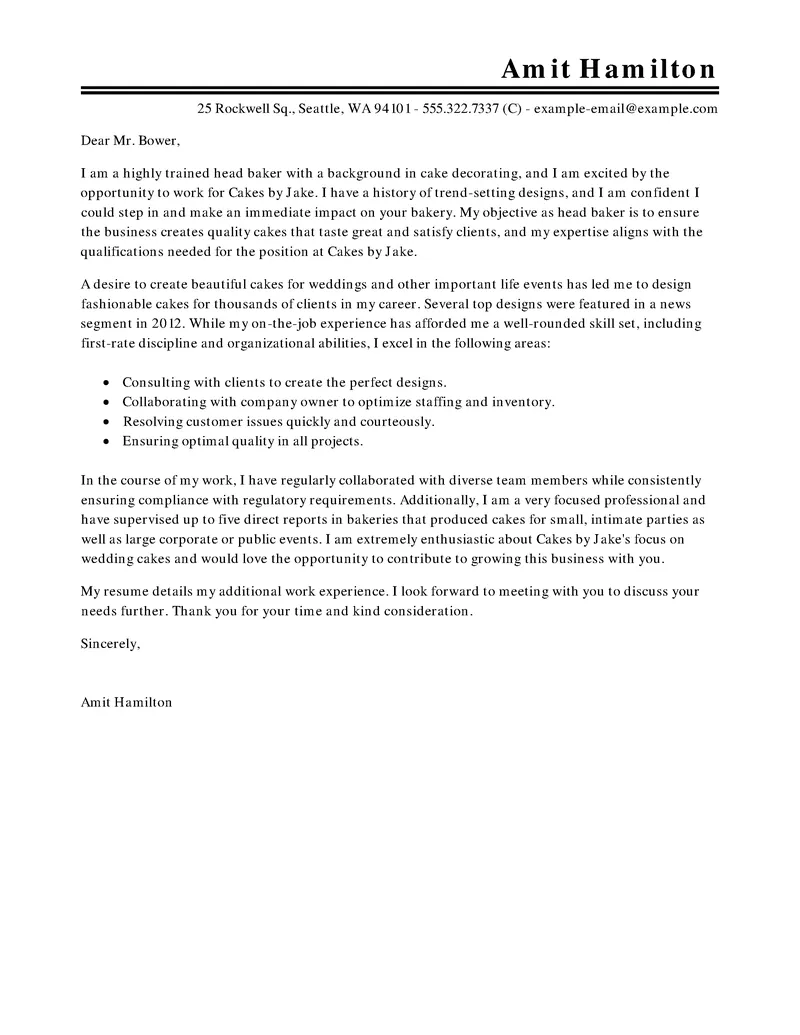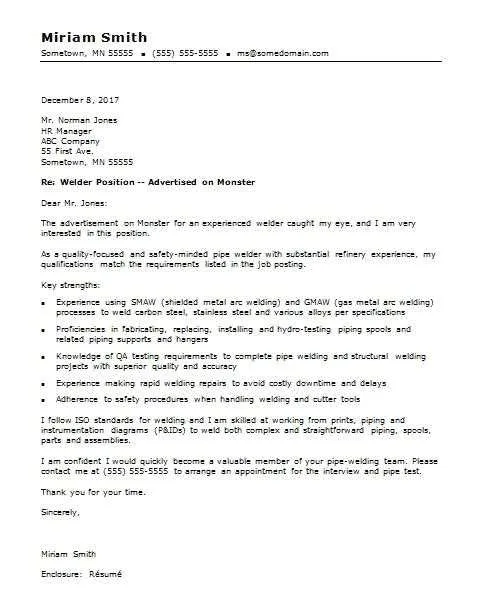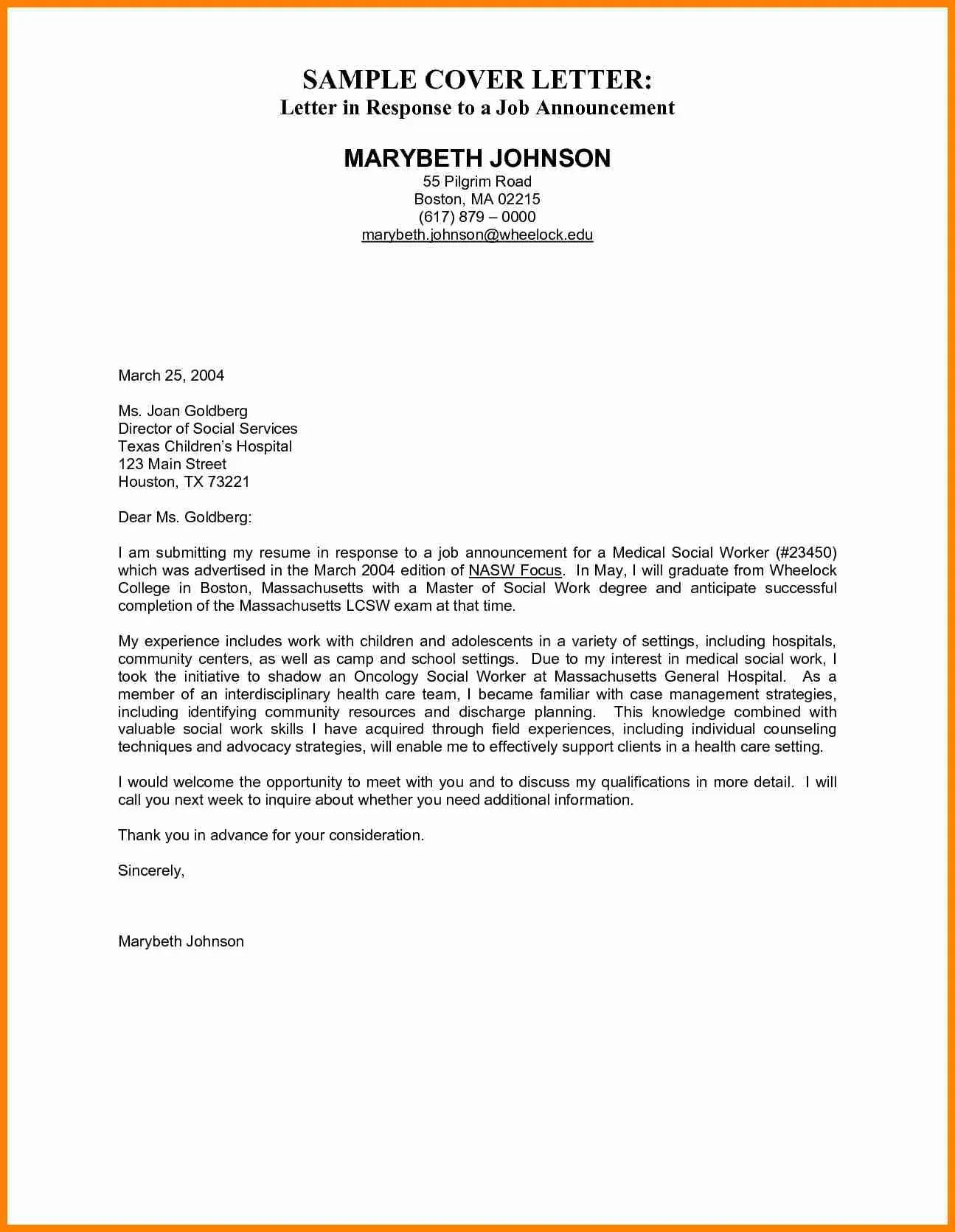Why a Cover Letter is Crucial for Inexperienced Job Seekers
For job seekers with limited professional experience, a cover letter serves as an essential tool to bridge the gap and showcase their potential. Unlike experienced professionals who can rely on a robust work history, those new to the job market must leverage a cover letter to highlight their skills, enthusiasm, and eagerness to learn. A well-crafted cover letter allows inexperienced applicants to tell their story, demonstrate their personality, and explain why they are a good fit for the role even without extensive experience. It’s an opportunity to make a strong first impression and persuade the hiring manager to look beyond the lack of traditional work experience and see the value you bring to the table. In essence, the cover letter can make or break your chances of getting an interview.
Highlighting Transferable Skills
One of the most effective strategies for inexperienced job seekers is to focus on transferable skills. These are the skills you’ve developed in other contexts—such as volunteer work, extracurricular activities, academic projects, or part-time jobs—that are applicable to the target job. The ability to identify and articulate these skills is key. For example, if you have experience managing a student club, you can highlight skills like leadership, organization, and communication. These are invaluable in any professional setting. By emphasizing these transferable skills, you demonstrate your capability to perform the job and show you are ready to transition to a professional environment. It helps employers see beyond the lack of direct experience and recognize your potential.
Identifying Your Skills

Start by making a list of all your experiences, both professional and non-professional. Think about what you did in each role and what skills you utilized. Did you lead a team, solve problems, or manage projects? Be specific and detailed, because this will help you later in the process. Then, carefully review the job description. Identify the skills and qualities the employer is looking for. Compare the two lists to see which of your skills align with the requirements. Prioritize those skills and incorporate them into your cover letter, providing specific examples of how you’ve used them. This process transforms your cover letter from a generic summary into a targeted pitch that directly addresses the employer’s needs.
Showcasing Soft Skills
Soft skills are essential for success in any job, and they can be particularly important for inexperienced applicants. These skills, such as communication, teamwork, problem-solving, and adaptability, are often highly valued by employers. Showcasing these qualities can make a big impact, especially when you lack hard skills. When writing your cover letter, include examples that demonstrate these skills in action. For example, instead of simply saying you are a good communicator, describe a situation where you successfully presented information to a group or mediated a conflict. These examples will illustrate your capabilities and make your cover letter much more persuasive. Remember to provide tangible evidence of your soft skills to support your claims.
Focusing on Education and Training
If you lack extensive professional experience, your education and training become even more significant. Your academic background can provide a solid foundation and demonstrate your ability to learn and apply knowledge. Be sure to highlight relevant coursework, projects, and academic achievements in your cover letter. This is a way to show your dedication to the field. If you’ve participated in any relevant training programs, internships, or workshops, make sure to include these as well. These can showcase your desire to learn and develop valuable skills. If you’ve received any academic awards or honors, mention them. All these details can provide valuable insights into your capabilities and commitment to the role.
Structuring Your Cover Letter

A well-structured cover letter is essential for making a positive impression. Start with a clear and concise opening paragraph that states the position you are applying for and how you found the job posting. Use the second paragraph to highlight your key skills and experiences. The body of your cover letter should be focused on demonstrating how your skills and qualifications align with the job requirements. The letter should have a natural flow that provides relevant information for the hiring manager. Conclude with a strong closing paragraph that reiterates your interest in the position, thanks the reader for their time, and includes a call to action, such as inviting them to contact you for an interview. Keep the tone professional and enthusiastic throughout.
Personalizing Your Letter
Personalization is crucial for making your cover letter stand out. Instead of using a generic template, tailor your letter to the specific job and company. Research the company and mention specific aspects that interest you. Address the hiring manager by name, if possible. Show you have taken the time to understand the role and the organization. When writing the letter, personalize your message by referencing information from the job description and explaining how your skills and experiences align with the job requirements. This level of customization proves that you are genuinely interested in the opportunity. It makes your application more likely to grab the reader’s attention.
Demonstrating Enthusiasm and Eagerness
Your cover letter should convey your enthusiasm and eagerness to take on the role. Express your excitement about the opportunity and the company. Avoid sounding generic. Instead, show genuine interest by explaining why you’re excited about the position and what you hope to contribute. Use words that show you are motivated to learn and grow. Mention how the job aligns with your career goals. Demonstrating your passion can help you stand out. Let your personality shine through to showcase your potential and dedication. This positive attitude can make a significant difference when you lack extensive experience.
Showcasing your achievements

Even if you lack professional experience, you likely have accomplishments from other areas of your life. Highlight your achievements from academics, volunteer work, extracurricular activities, or any other relevant experiences. Showcasing your achievements demonstrates your ability to take initiative, solve problems, and achieve goals. Provide evidence that proves your capabilities, even if they are not directly related to the job. It gives potential employers an insight into your character and your potential for success in the role. This helps to build a compelling case for your candidacy, despite your lack of experience.
Quantifying Your Accomplishments
Whenever possible, quantify your accomplishments. Use numbers and data to demonstrate the impact of your actions. For example, instead of saying, “I improved customer service,” say, “I improved customer service scores by 15%.” Quantifying your achievements provides tangible evidence of your skills and results. Be specific about your contributions and the outcomes you achieved. This makes your accomplishments much more credible and persuasive. It allows the hiring manager to quickly understand the value you can bring to their team. Use numbers to make a stronger case for yourself.
Proofreading and Editing
Proofreading and editing are essential steps in the cover letter writing process. Always proofread your cover letter carefully to eliminate any grammatical errors, spelling mistakes, and typos. These errors can undermine your professionalism and diminish your chances of getting hired. Use a grammar checker and ask someone else to review your letter. It is always wise to have another person review your cover letter for clarity, grammar, and style. A fresh pair of eyes can often catch errors. This final review ensures your cover letter is polished and professional. It demonstrates attention to detail and commitment to excellence. A well-edited cover letter significantly increases the chances of making a positive impression.
